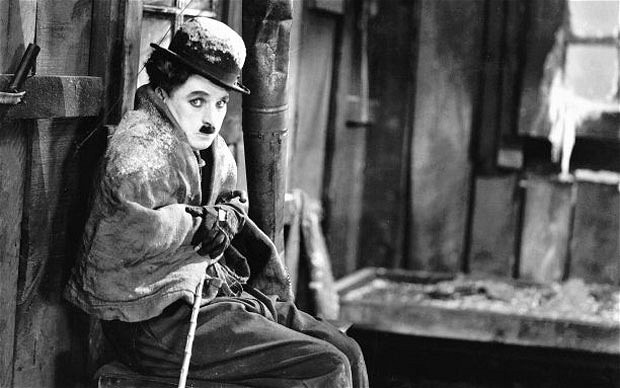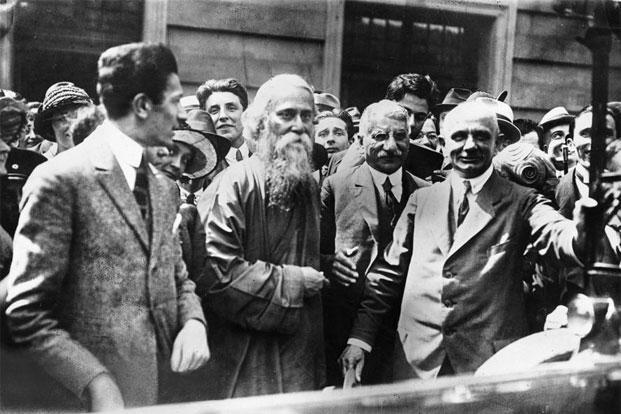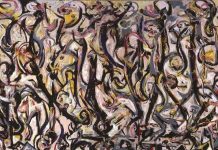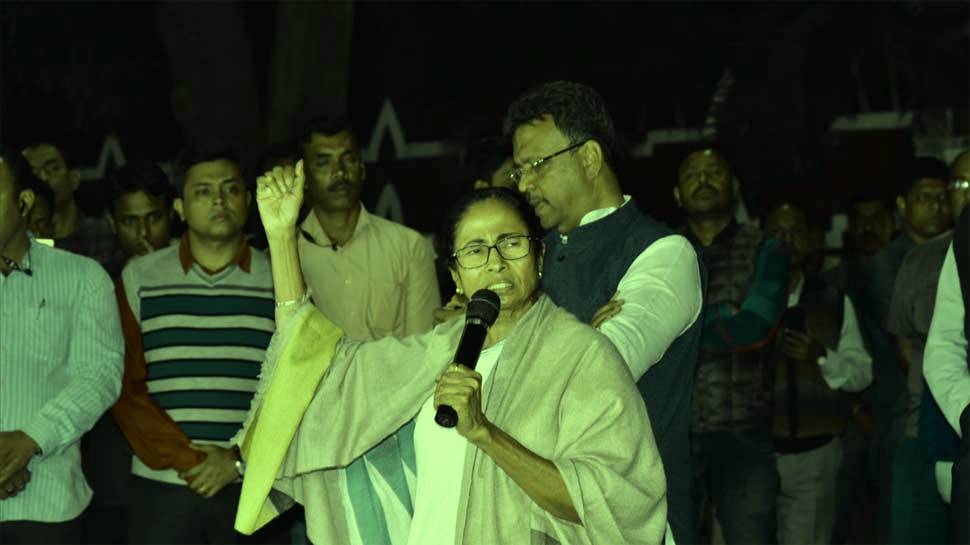I am a poet of the present, and not a prophet of the future.
My birth in this country and this society does not mean that I shall remain constricted and confined to them.
No, I belong to all countries and to the entirety of humanity.
-Kazi Nazrul Islam
Kazi Nazrul Islam was born in 1899 near Asansol in West Bengal’s Burdwan district. He was born in a relatively less solvent family and had to struggle from his very childhood. He was fortunate enough to receive at least a little bit of formal education but this was made possible after a series of interruptions. During his early childhood, he got educated at the Maktab, which is a religious organisation for imparting the fundamentals of Islam.
His first job required him to say the Azan five times a day in a mosque. He received an exposure to poetry, music and literature from a group of activists associated with the Leto Bahini, a locally active theatre group with which Nazrul remained deeply associated for many years of his life.
It was in 1917 that Nazrul joined the British Indian Army, which he served for a large number of years.
After having come back from theArmy, Nazrul decided to pursue his career in journalism and joined the movement for India’s freedom. His rebellious nature and radical poetry landed him in prison many times but this did not dampen his spirit.
Even in imprisonment he continued writing. He wrote Rajbondir Jobanbondi while he was in jail. Islam was severe critic of the British colonialism of India and wrote vehemently against the oppressions of the Raj. He wrote several books critiquing the British imperialism in India including Bidrohi and Bhangar gaan.
His revolutionary works and ardent sprit encouraged and inspired the nation greatly and he became an icon of the Bangladesh Liberation War in 1971.
Kazi Nazrul Islam’s writings cover a wide range of themes such as freedom, love, humanity and revolution. Nazrul Islam was against all kinds of religious bigotry and fundamentalism.
He also has to his credit some extraordinary literary creations. He wrote three novels in his lifetime, a number of short stories, essays, letters but is most well known for his revolutionary songs and poetry. He is credited for the composition of more than 2,400 songs and they are what composers Nazrul Sangeet. Nazrul Islam’s iconic poetic prose is characterised by the subtle use of Arabic and Persian words in Bengali Poetry.
In 1942, a tragic unfolding of events made Nazrul Islam lose his tongue and thereafter his health began to deteriorate steadily. After the independence of Bangladesh, Kazi Nazrul Islam and his family were brought back to Bangladesh, Nazrul and his family were brought back to Bangladesh from Calcutta in 1972. Nazrul and his family were offered Bangladeshi citizenship and later he was also declared the national poet of Bangladesh. Nazrul Islam passed away on 29th August, 1976. His last will was to be burred beside the mosque of Dhaka University and that is where he had been buried. He wrote,
“Brother, bury me beside the mosque.
So that I hear the voice of muezzin from my grave.
Regular prayer sayers will cross my grave.
Will I hear the sounds of their walk.
This sinner will get relief from pains in the grave.”
Bangladesh, India and the entire global community owes a whole universe of gratitude for Kazi Nazrul Islam for being a legendary poet with a big heart. Throughout his life he suffered many moments of existential crisis but his poetic vision couldn’t be dampened despite the hardships. His exemplary spirit and personality, his magnificent body of compositions and great vision will continue to be cherished for generations to come.














